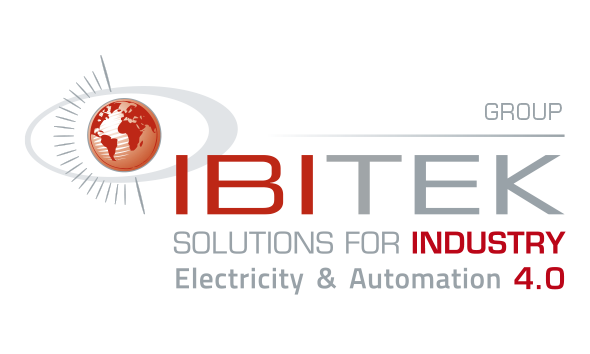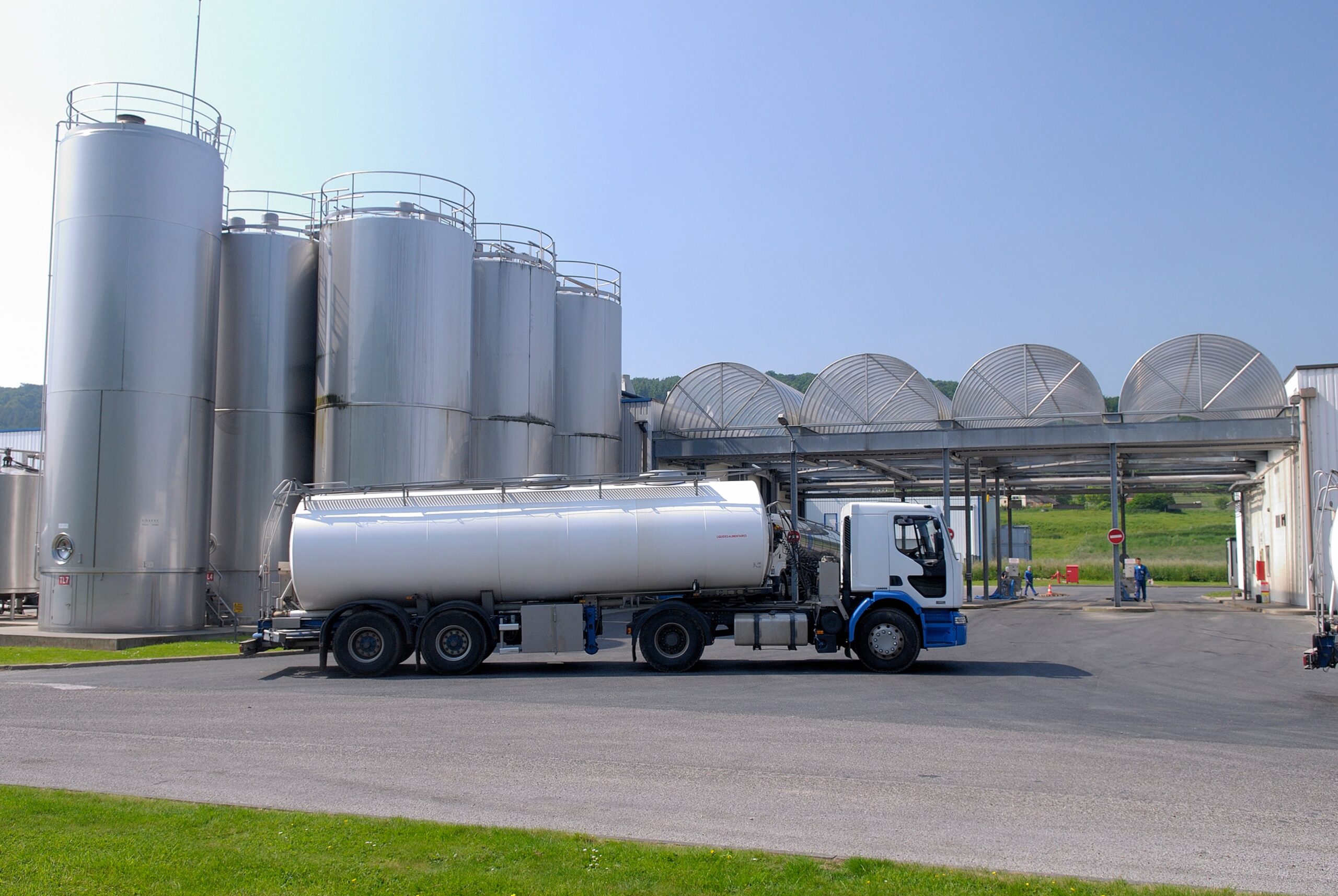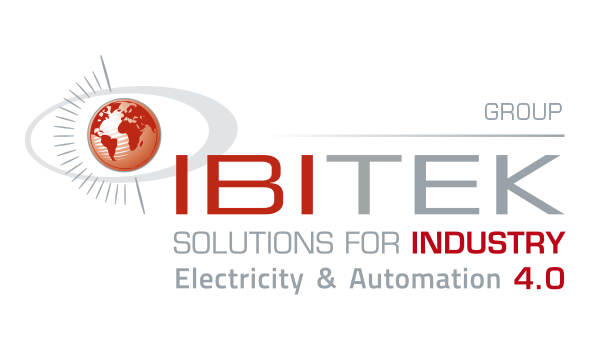In an Industry 4.0 context, where digitization has become the norm, data management is positioned at the heart of industrial companies’ priorities. One of the crucial aspects of this management is data centralization. It’s a practice that, when properly implemented, can deliver a multitude of benefits and help achieve corporate objectives. Let’s take a closer look at what data centralization is, and how it can benefit the industry.
What is data centralization?
Data centralization means bringing together data from different sources and systems on a single platform. Data centralization provides greater visibility, simplified access for employees and more efficient data management.
What are the benefits of data centralization for your company/plant?
The benefits of data centralization for your company or plant are many and multifaceted. Gathering all company data on a single platform facilitates access to information, an undeniable asset for employees. This time-saving approach to information retrieval provides a productivity lever for your workforce, which can have a direct impact on your bottom line.
This simplified access to information is not only useful for individual employees, it also fosters collaboration between collaborators. An employee, for example, may need data from the sales department to adapt production to market trends. By centralizing data, this collaboration is facilitated, and the company can achieve its objectives more easily.
This centralization is also beneficial for SMEs. When data is centralized and well-organized, it is easier to analyze and interpret. This facilitates decision-making within the company, whether for employees or management. Their decisions are based on clear, up-to-date information, which helps the company to achieve its objectives.
In addition, data centralization ensures greater data security. By storing all data on a secure platform, companies minimize the risk of data loss or theft. It also enables tighter control over access to data, reinforcing its confidentiality.
Finally, data centralization is an effective alternative to decentralized management. Duplicates, errors and inconsistencies are avoided, improving the quality and reliability of the data available to your workforce. This means less time spent correcting errors, and more time for value-added tasks.
What data can be centralized?
The diversity of data sources in the industry is vast. These include ERP (Enterprise Resource Planning), WMS (Warehouse Management System), CMMS (Computerized Maintenance Management System), weighing data, purchasing data and so on.
Data sources in industry (ERP, WMS, CMMS, weighing, etc.)
These systems generate large volumes of data which, once centralized on a platform, become a goldmine of useful information for companies. This data can concern all aspects of industrial activity, from production and logistics to quality, maintenance and purchasing.
The value of this data for the company
Each piece of data has its own value and utility. For example, production data can help optimize processes, while maintenance data can prevent equipment breakdowns. As for purchasing data, it can provide information on consumption trends and help to adjust inventories.
The benefits of data centralization for industrial control
Performance analysis and optimization thanks to a comprehensive industrial information system
Thanks to a data centralization tool, companies have a global view of their business. This enables them to analyze performance in real time, identify problems and find solutions quickly.
Automatic ERP feeds and corporate reporting
Data centralization also enables ERP to be fed automatically and corporate reports to be generated efficiently. These reports can help identify trends, monitor performance indicators and make decisions based on reliable data.
Mastering raw data and adding value to it
By centralizing their data, companies can gain total control over their raw data. They can then exploit this data to generate valuable insights, which in turn can help to add value to this data and achieve significant cost savings.
How to centralize data with MES software?
MES (Manufacturing Execution System) software is an effective solution for centralizing industrial data. This type of software collects, stores and analyzes data from a variety of sources, providing a complete view of industrial activity.
MES (Manufacturing Execution System) software overview
MES software, or Manufacturing Execution Systems, are essential tools for companies seeking to modernize their production operations. These systems act as a bridge between the detailed production plan and the shop floor, where production operations take place. As such, they are able to provide a clear view of production in real time, an undeniable asset for SMEs seeking to optimize their workflow.
IBIProd, Ibitek’s MES software, is a typical example of this type of solution. Thanks to its ease of integration with other company systems, such as ERP (Enterprise Resource Planning) or WMS (Warehouse Management System), it encourages collaboration between employees in different departments. Information flows more easily, enabling greater responsiveness to production contingencies.
One of the key advantages of MES software like IBIProd is its ability to collect and process large quantities of data in real time. This enables precise, live monitoring of production, facilitating decision-making and optimizing labor utilization. What’s more, the traceability offered by this software is an asset for guaranteeing product quality and compliance with current standards.
MES software can be deployed in different ways, depending on the specific needs of each company. Some opt for on-site installation, while others choose a SaaS solution, accessible via the cloud. The latter option offers the advantage of greater flexibility, particularly in terms of updates and maintenance. Thanks to the cloud, your SME can access a high-performance MES system without having to manage the underlying IT infrastructure.
Conclusion
Data centralization is a key practice for steering industrial activity in an Industry 4.0 context. Not only does it improve operational efficiency, it also enables more relevant decisions to be made and data to be put to better use. Thanks to tools like MES software, companies can easily centralize their data and derive maximum benefit from it.













